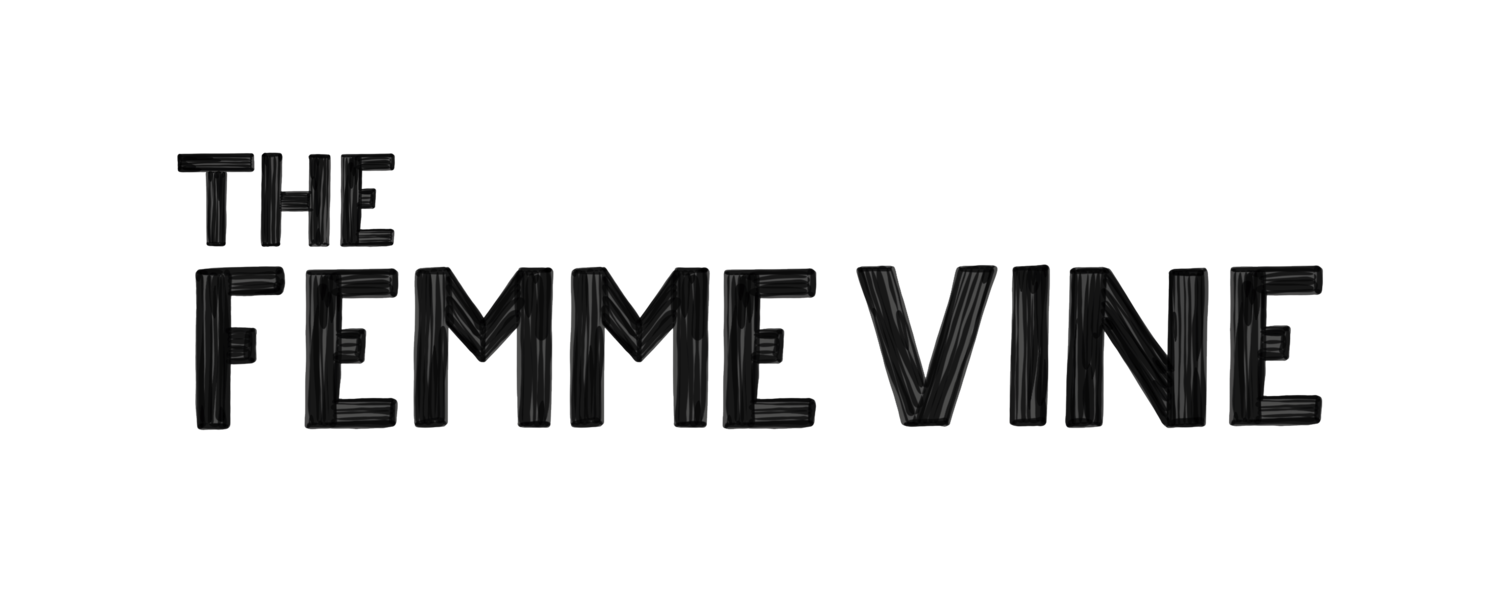Behind the vine
Laura Carter - Unico Zelo - Adelaide Hills, Australia
When do you think you fell in love with wine, enough to make a career of it?
I don’t think I can pick one specific moment - it was the build up of lots of things. When I met my now-husband, he was studying wine. Before meeting him, I wasn't into wine. I was studying environmental science, and I was a bit harsh about the industry. I though there were more purposeful things to do. He started teaching me about drinking and making wine and then we traveled and got to meet producers and understand regions and all the cultural things about wine. You realise it's not just what's in the glass, it's the stories and people behind it.
As part of my degree, I needed to do a 12-week work placement and I got an opportunity to work in the Barossa Valley. I went out there to work in the lab, and while I was there I worked with a couple of winemakers. I would mostly see them inside doing paperwork, but one day after vintage we all went out to taste in barrels, and I got to see them really doing their thing. That was the connection point. They were so excited to be hands-on and I saw the passion. It's something unique to see someone doing a job they really love, so then I really understood the appeal.
What story does your wine tell?
When we started Unico, we were still at university and we didn't have a huge budget. The natural wine scene was growing in Australia, but a lot of the wines were out of our price rage. We started to hear about alternative varieties being planted in Australia - Fiano, Nero d'Avola - varieties from Spain and Italy that worked with our climate - not a lot of water, but a lot of sun. There was a bit of a buzz viticulturally about how well those varieties were growing.
So, we took these varieties and started making our natural wine. We were really different that we were using alternative varieties with minimal intervention and offering wine that wasn’t really pricey. We wanted to be a gateway wine for people who didn’t have a massive budget for wine, but wanted to try something different. We used price to get people to try without a big risk. For us, people's first introduction to wine shouldn’t be commercially produced wine, there’s an opportunity for smaller producers to be that first wine.
“Wine is so different wherever you are in the world, but you can capture that vineyard in the glass and it can travel anywhere.”
— Laura Carter
What misconceptions about wine do you think people should forget?
In our world the biggest thing is water use. Especially in Australia, there is a lot of water being put into vineyards. Water is a precious resource that should be going to growing food, not wine. One thing about the use of water is it adjusts the pH of the wine, so you need to make adjustments in the winery. If you can use varieties that are more water-use sufficient, then straight away you eliminate that waste and the need for additives later on.
People don't think about wine as commercial agriculture, but the use of pesticides and herbicides in vineyards happens all the time. I always thought it was good idea to put ingredients on the back of a bottle - if you're going to put this in your wine, would you be happy publishing it on your bottle? We use wild fermentation, and we don't add anything. It's about educating people and helping them make better choices.
What great things about wine do you think people should remember?
The unique thing about wine is that everywhere it's grown, it's going to taste different. There's no other product in the world that can do that. Some speciality products (coffees, teas, cheese) get close, but nothing like wine. People are interested in hearing about wine - the characteristics, the stories, the differences between crus and neighboring vineyards - you don't get that with a lot of agricultural products.
What is a piece of advice you would give to a woman interested in breaking into the wine world?
I think you just have to get in and have a go. There are so many avenues to get into the wine industry. You can get involved for a couple days a week, have a whole career, pursue an education, etc. You do need to network. The wine community is driven by word-of-mouth connections and it's about who you know, but once you get your foot in the door then it generally falls into place. Wherever you start, places will give you an opportunity to work in the cellar or on the bottling line.
Who is a woman in wine you think everyone should know about?
I have two. The first is Corrina Wright. She runs her own business and she does so much wine industry involvement on boards and through wine awards. The second is Gill Gordon-Smith - she's one of our best educators in South Australia and has a wine store that features small producers. You find things you can't find anywhere else. She’s a multi-faceted wine superwoman.
Where can women find your wine?
In Australia you can buy on our website. We’re also available in the UK, US, Hong Kong and South Korea. Find your local option here!



